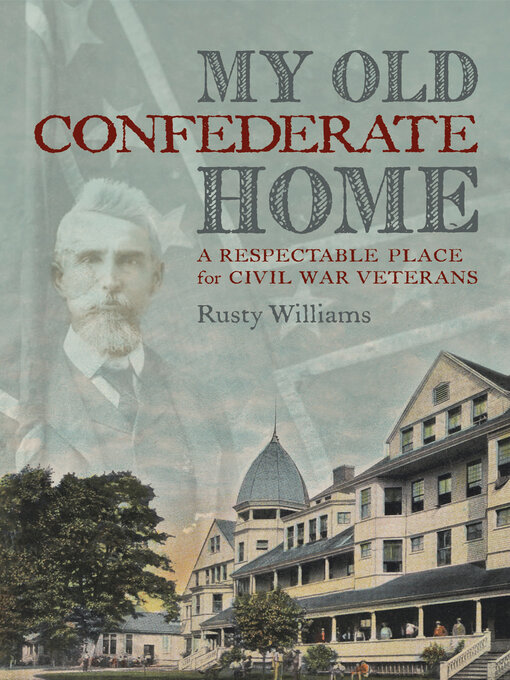“A welcomed addition to the growing literature on the care of disabled Civil War veterans . . . cleverly conceived, ably crafted and eloquently written.” —R.B. Rosenburg, author of Living Monuments
In the wake of America’s Civil War, homeless, disabled, and destitute veterans began appearing on the sidewalks of southern cities and towns. In 1902 Kentucky’s Confederate veterans organized and built the Kentucky Confederate Home, a luxurious refuge in Pewee Valley for their unfortunate comrades. Until it closed in 1934, the Home was a respectable—if not always idyllic—place where disabled and impoverished veterans could spend their last days in comfort and free from want.
In My Old Confederate Home, Rusty Williams frames the lively history of the Kentucky Confederate Home with the stories of those who built, supported, and managed it: a daring cavalryman-turned-bank-robber, a senile ship captain, a prosperous former madam, and a small-town clergyman whose concern for the veterans cost him his pastorate. Each chapter is peppered with the poignant stories of men who spent their final years as voluntary wards of an institution that required residents to live in a manner which reinforced the mythology of a noble Johnny Reb and a tragic Lost Cause. Based on thorough research utilizing a range of valuable resources, including the Kentucky Confederate Home’s operational documents, contemporary accounts, unpublished letters, and family stories, My Old Confederate Home reveals the final, untold chapter of Kentucky’s Civil War history.
“Teems with humanity. Williams has a storyteller’s gist for making historical characters come alive . . . It offers a new angle on the South’s Lost Cause.” —Charles Reagan Wilson, author of The New Encyclopedia of Southern Culture
- Popular Magazines
- Home & Garden
- News & Politics
- Food & Wine
- Celebrity
- Outdoor & Travel
- Art & Architecture
- Business & Finance
- Crafts
- Family & Parenting
- Boating & Aviation
- Science
- Photography
- See all

